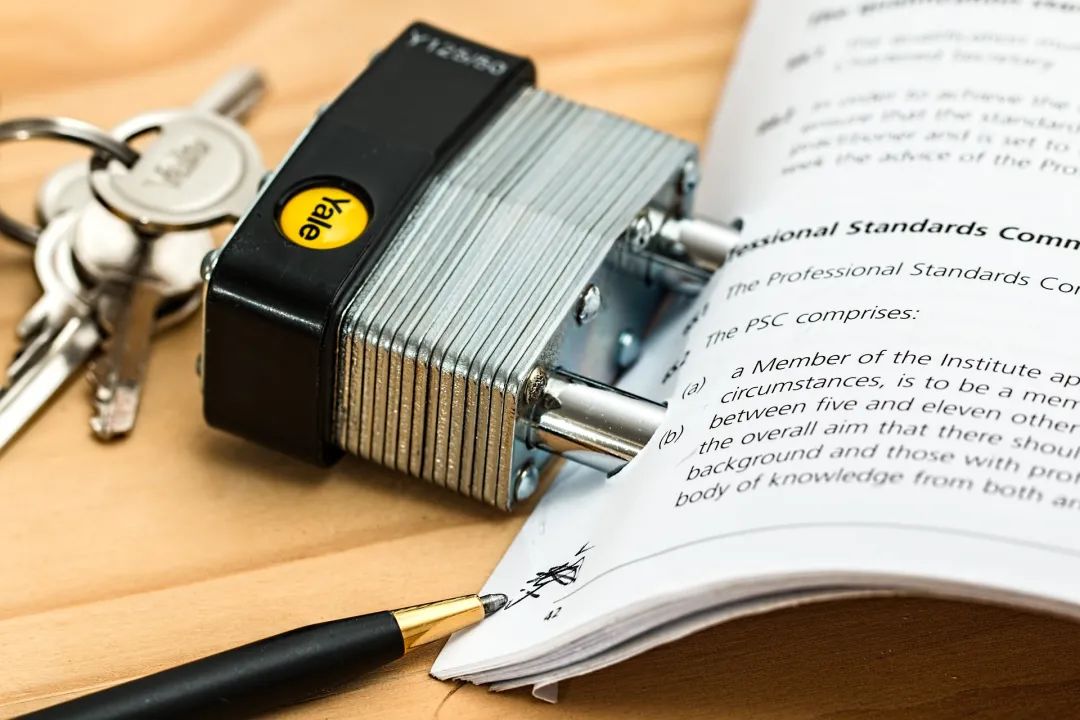Jingyun Wang

Make sure legal documents don’t get missed. Registration of accurate information helps protect company rights.
Publication of Address Information
Administrative and judicial authorities usually send notices and other legal documents to the registered address of a company. Problems sometimes arise because many SMEs’ actual business address is different from their registered address, and some use a virtual address which cannot receive postal letters. In such cases, the company can register a contact person, alternate correspondence address, and email address through the “National Enterprise Credit Information Publicity System” (“NECIPS”) in order to ensure communication.
The correspondence address for service of legal documents can be different from the registered address of the enterprise. According to the “Administration Regulations on the Registration of Market Entities” (hereinafter referred to as “the Regulations”), during a dormant period,companies can also exclusively maintain a correspondence address for receiving of legal documents to avoid keeping a registered address or business address.
For Foreign-Invested Enterprises (“FIE”), the Regulations specifically provide that foreign investor(s) of FIE should register a recipient to receive all legal documents on behalf of the foreign investor(s) (hereinafter referred to as “the Recipient” ). The Recipient authorized by foreign investor(s) can be an institution or subsidiary set-up by foreign (regional) investors in China, some other domestic entity, or an individual. If the Recipient is not an individual, a natural person needs to be registered as a contact person.
Furthermore, enterprises in Shanghai, Beijing, Shandong province, and Chongqing are required to confirm their “correspondence address for receiving litigation documents” through NECIPS. That information will be publicized by the Administration for Market Regulations (“AMR”) in order to facilitate the delivery of litigation documents.
Consequences for Inaccuracy of Public Information
If the administrative authority cannot contact a company through its registered address or other alternative address, it has the right to move the company to the “abnormal business list” or “list of enterprises in serious breach of law and default”. Until the company fixes this problem with its credit, it will not be able to change or file new registration information with the AMR (such as: capital, shareholder, legal representative, director, supervisor, etc).
Also, if there is no online confirmation of a separate correspondence address for receiving litigation documents, a company’s registered address will be considered available for receiving the litigation documents, even if it cannot. Of course, e-mail information registered in NECIPS can be used for electronic delivery.
Once a company is involved in a lawsuit, the People’s Court may send litigation documents by postal mail directly to the registered address. If the postal mail was not deliverable, the day when the document is returned to the Court will be considered as the delivery date of litigation documents. In other words, those litigation documents sent by the People’s Court have been deemed to be delivered without the enterprises’ knowledge.
There are statutory time limits for filing jurisdictional objections, applications of appraisal, witness testimony, preservation of evidence, filing counterclaims, etc., and such time limits are counted from the delivery date of the relevant litigation documents. So, the rights of the company may be greatly affected by delay or inability to receive such correspondence. In fact, in many cases, the company risks simply missing a court hearing, and the People’s Court may enter a direct judgement against it based on absence.

Conclusion
Companies should accurately register information such as registered address, contact person, alternate correspondence address, e-mail address, address for receipt of litigation documents and legal documents, as appropriate to their circumstances. Companies should also update registration information in a timely manner. For enterprises whose registered and actual business addresses differ, it is even more important to carefully select a reliable contact person or recipient.
DaWo Law Firm has helped numerous companies navigate these issues. Please reach out if you need our assistance with a customized solution for your business.


